On March 4th and 5th, we attended the 16th edition of the Doing Good Doing Well Conference, Europe’s leading student-run responsible business conference at IESE Business School in Barcelona.
This year’s conference centered around Sustainable Development Goals (SDG). Industry leaders such as Patagonia (Ryan Gellert, GM – EMEA) and Schneider Electric (Emmanuel Lagarrigue, Chief Global Strategy Officer) were joined by experts in the field: David Grayson of the Cranfield School of Management from the academic side and on the institutional side Isabel Garro, Special Adviser for the Agenda 2030 of the Spanish High Commission. Over the course of two days, they discussed key issues surrounding sustainability. Here are the main takeaways:
1. Global consensus for our grand challenges by 2030
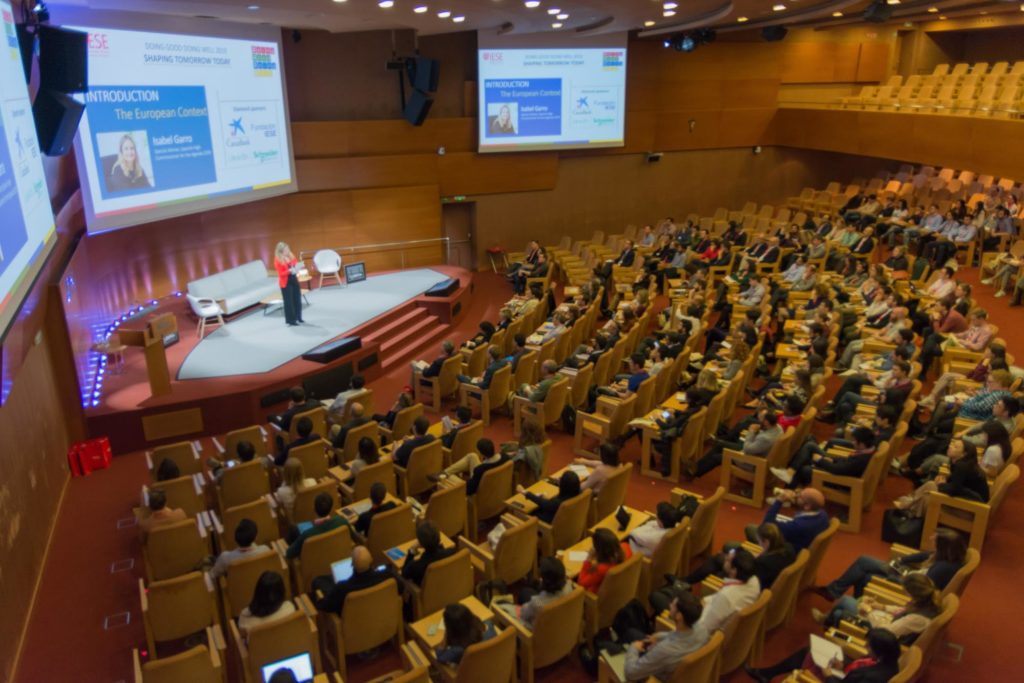
Isabel Garro, Special Adviser for the Agenda 2030 of the Spanish High Commission
This year, the UN report on emissions warned once again that we have just over a decade to limit climate change catastrophe. 2015 was a global milestone for sustainable development: 193 countries agreed on the Agenda 2030 and its 17 targets (SDG) on issues such as climate change, gender, healthcare, education, and poverty. More specifically, the Paris Agreement aimed to limit the global temperature rise to below 2 degrees C by 2030.
However, countries are still making slow progress and SDGs are difficult to hit without the help of the private sector. Isabel Garro, Special Adviser for the Agenda 2030 of the Spanish High Commission called on more businesses to take action and reinvent the future of the planet. “Every entrepreneur is a superhero because they work with purpose and passion. We have no right to be pessimistic.” A recent global report revealed that sustainable business models related to the SDGs could open economic opportunities worth up to US$12 trillion, and increase employment by up to 380 million jobs by 2030.
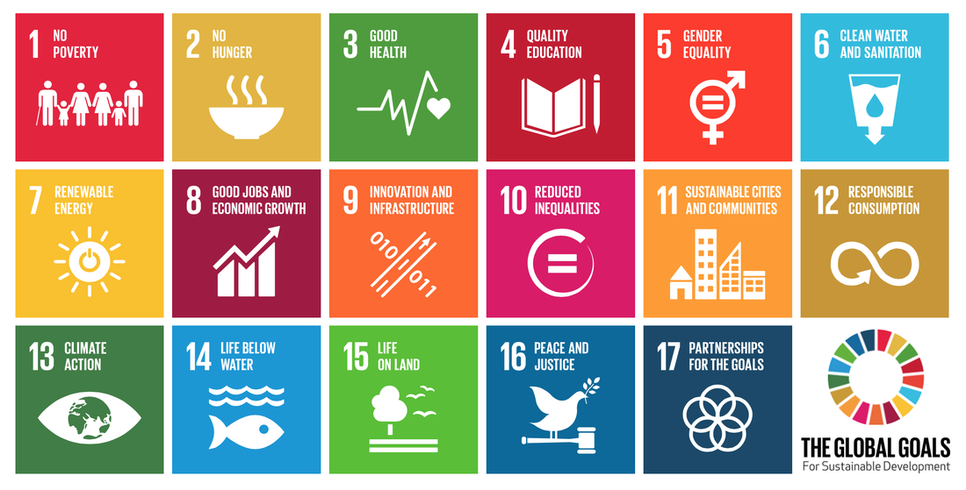
2. Finding purpose in any industry
David Grayson of the Cranfield School of Management stated that “the notion that a corporation’s only purpose is to maximize profit is out of date”. Grayson drew attention to the 2019 letter to CEOs by Larry Fink of BlackRock, the world’s largest money manager, that argues that boards of directors can no longer continue to operate with their heads in the sand. This points to a shift, with people no longer supporting companies whose sole purpose is profit, since these companies aren’t a good investment in today’s conscious business context.
3. Key corporate strategy decision
From a public company’s standpoint, Emmanuel Lagarrigue, Chief Global Strategy Officer of Schneider Electric asserted that c-suite and boardrooms need to take sustainability more seriously than ever before. Firstly, the 2018 Volkswagen emissions cheating scandal, which resulted in colossal reputational damage and sizeable financial impact, made shareholders realize the cardinal sin that is greenwashing. Secondly, customers are demanding that their suppliers are more sustainable and transparent about their sourcing. Thirdly, a business’ focus on sustainability builds positive brand associations and helps companies retain top talent.
4. Sustainable innovation
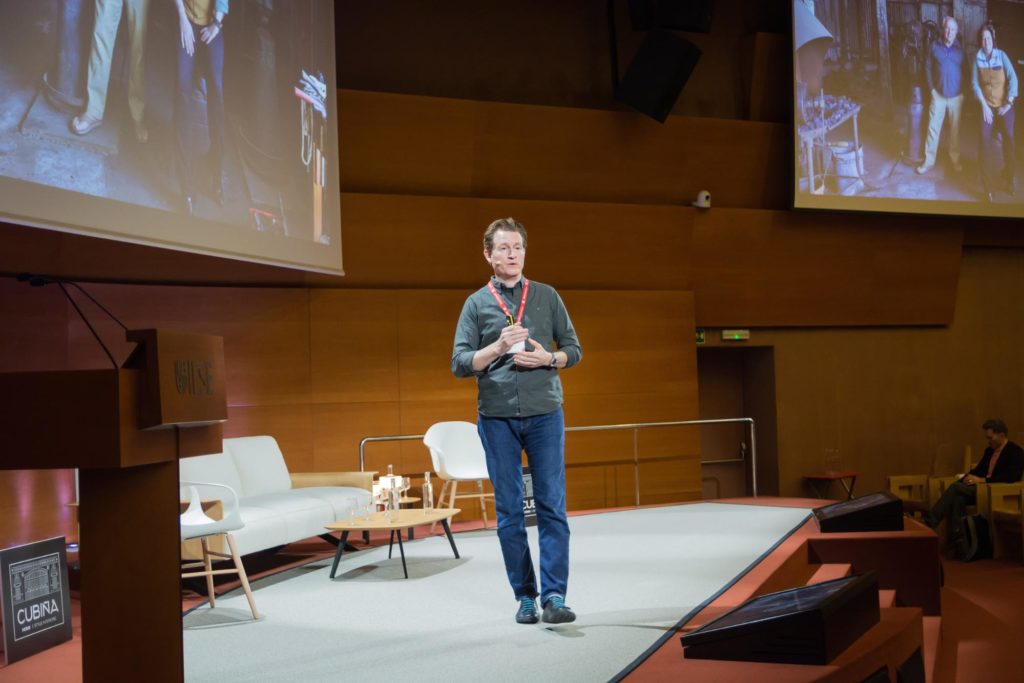
“We are a responsible organization, but not a sustainable one”, Ryan Gellert, GM EMEA at Patagonia
Ryan Gellert, GM EMEA at Patagonia opened the conference with an honest statement: “we are a responsible organization, but not a sustainable one.” Patagonia is committed to delivering on its mission that is to build the best product, cause no unnecessary harm and use business to inspire and implement solutions to the environmental crisis. For example, the process of replacing neoprene with natural rubber reduces C02 emissions by 80%. It took them 18 months to convert to 100% organic cotton, at a time when only 1% of the industry was using organic cotton. Taking a strong stand against Fast Fashion, he added, “Yes, we are called Patagucci. We do pay our providers well.” Gellert expects the circular economy to go beyond the recycling loop, to focus on new business models and changing consumer behavior.
5. Business, the Millennial way
Nash Billimoria a Barcelona-based consultant and executive coach stated that “the negative externalities of business are no longer acceptable to us.” Millennials want to startup, or work for companies that have a double bottom line (mission and money). They want a more diverse, inclusive, equal and ethical world. The attitude is “I have my time and energy. How do I choose to use it?”. MBA students, who will soon get offered management positions in multinationals, asked the panelists how to balance their sustainability goals with the reality of today’s job market. The response was that an employee does not have to leave his/her values at home and should always discuss their principles with colleagues. It takes commitment, as well as perhaps the presence of an internal business case, to persuade leaders that the rules of business are changing – and so should their mindset.
Conclusion
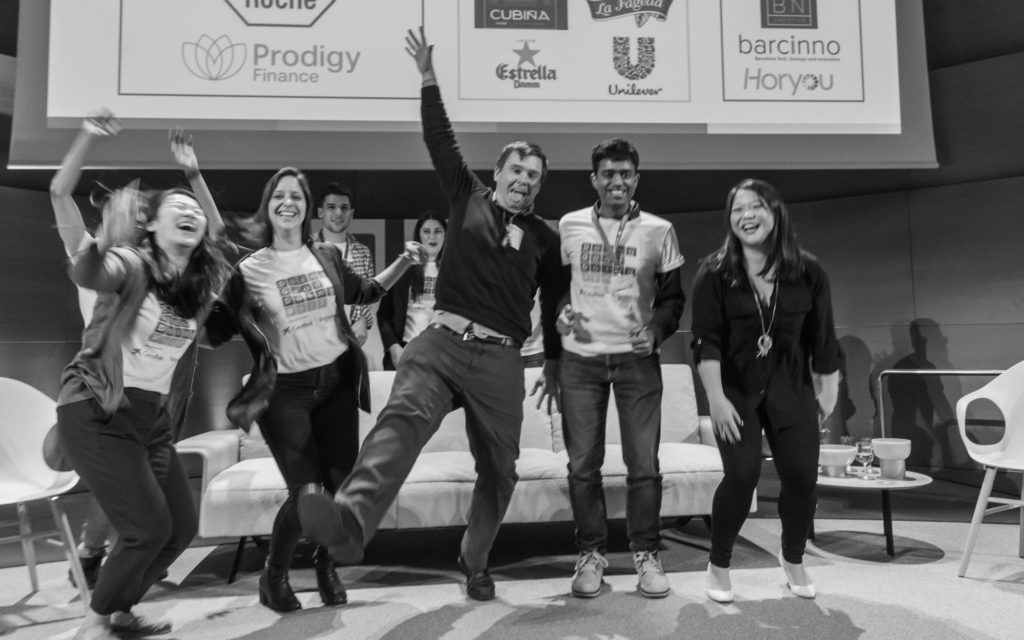
More people are needed to encourage businesses to embrace sustainability. One group leading the charge at the IESE Responsible Business Club, who organized this years’ DGDW event.
Both the panelists, and the audience of students, entrepreneurs and professionals from across the globe left the conference very inspired, and looking forward to the next event on March 2-3, 2020. It was heartwarming to see such a diverse community of consultants, entrepreneurs, techies, and bankers come together with the same motivation: driving “business beyond profit without excluding it”. From this forward-thinking event, it’s clear that business, the millennial way, is leading social change.


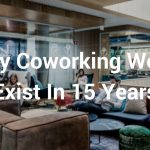




Good job!!! Proud of you.